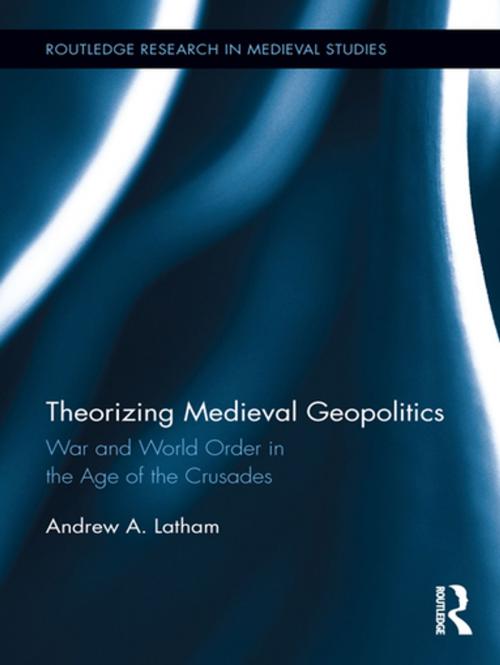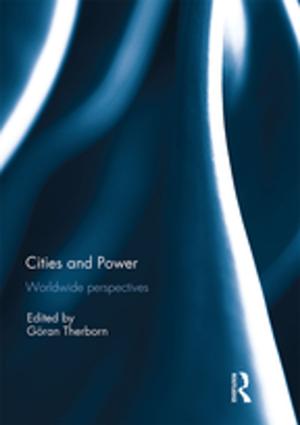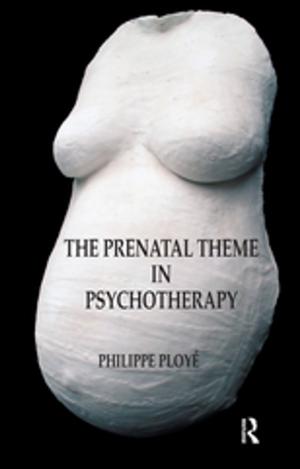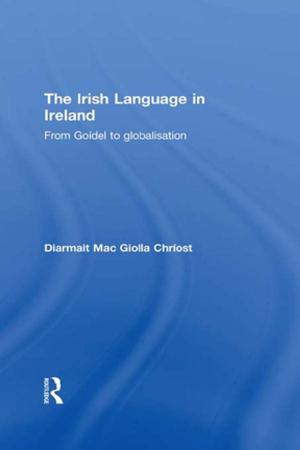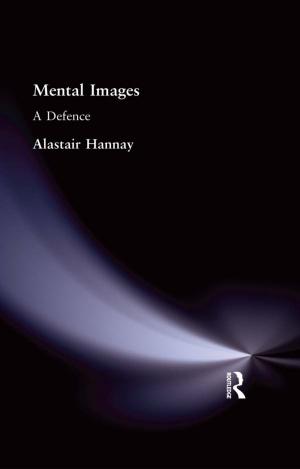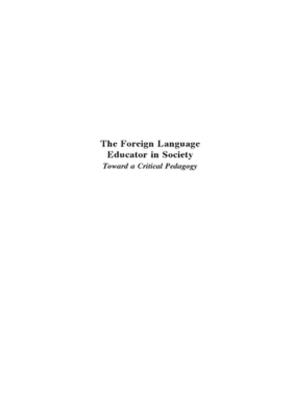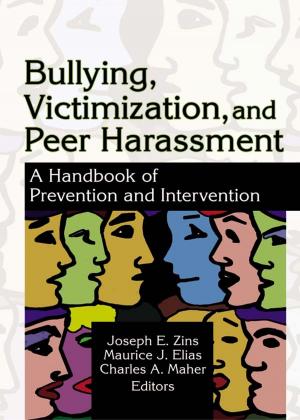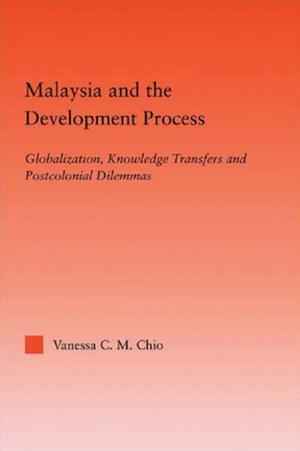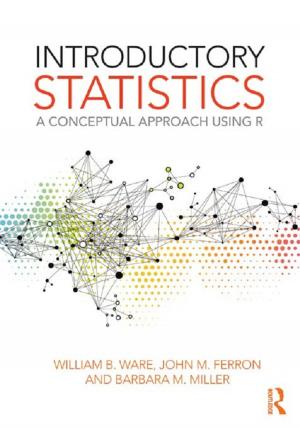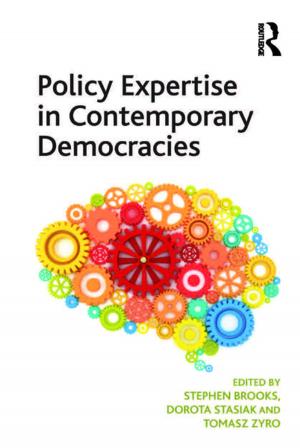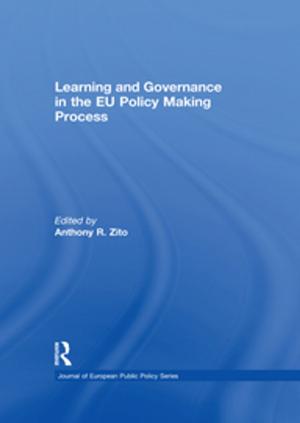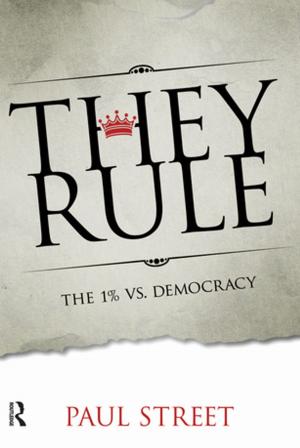Theorizing Medieval Geopolitics
War and World Order in the Age of the Crusades
Nonfiction, History, Reference, Historiography, Medieval| Author: | Andrew Latham | ISBN: | 9781136453892 |
| Publisher: | Taylor and Francis | Publication: | March 12, 2012 |
| Imprint: | Routledge | Language: | English |
| Author: | Andrew Latham |
| ISBN: | 9781136453892 |
| Publisher: | Taylor and Francis |
| Publication: | March 12, 2012 |
| Imprint: | Routledge |
| Language: | English |
Over the past two decades or so, medieval geopolitics have come to occupy an increasingly prominent place in the collective imagination—and writings—of International Relations scholars. Although these accounts differ significantly in terms of their respective analytical assumptions, theoretical concerns and scholarly contributions, they share at least one common – arguably, defining – element: a belief that a careful study of medieval geopolitics can help resolve a number of important debates surrounding the nature and dynamics of "international" relations. There are however three generic weaknesses characterizing the extant literature: a general failure to examine the existing historiography of medieval geopolitics, an inadequate account of the material and ideational forces that create patterns of violent conflict in medieval Latin Christendom, and a failure to take seriously the role of "religion" in the geopolitical relations of medieval Latin Christendom.
This book seeks to address these shortcomings by providing a theoretically guided and historically sensitive account of the geopolitical relations of medieval Latin Christendom. It does this by developing a theoretically informed picture of medieval geopolitics, theorizing the medieval-to-modern transition in a new and fruitful way, and suggesting ways in which a systematic analysis of medieval geopolitical relations can actually help to illuminate a range of contemporary geopolitical phenomena. Finally, it develops an historically sensitive conceptual framework for understanding geopolitical conflict and war more generally.
Over the past two decades or so, medieval geopolitics have come to occupy an increasingly prominent place in the collective imagination—and writings—of International Relations scholars. Although these accounts differ significantly in terms of their respective analytical assumptions, theoretical concerns and scholarly contributions, they share at least one common – arguably, defining – element: a belief that a careful study of medieval geopolitics can help resolve a number of important debates surrounding the nature and dynamics of "international" relations. There are however three generic weaknesses characterizing the extant literature: a general failure to examine the existing historiography of medieval geopolitics, an inadequate account of the material and ideational forces that create patterns of violent conflict in medieval Latin Christendom, and a failure to take seriously the role of "religion" in the geopolitical relations of medieval Latin Christendom.
This book seeks to address these shortcomings by providing a theoretically guided and historically sensitive account of the geopolitical relations of medieval Latin Christendom. It does this by developing a theoretically informed picture of medieval geopolitics, theorizing the medieval-to-modern transition in a new and fruitful way, and suggesting ways in which a systematic analysis of medieval geopolitical relations can actually help to illuminate a range of contemporary geopolitical phenomena. Finally, it develops an historically sensitive conceptual framework for understanding geopolitical conflict and war more generally.
